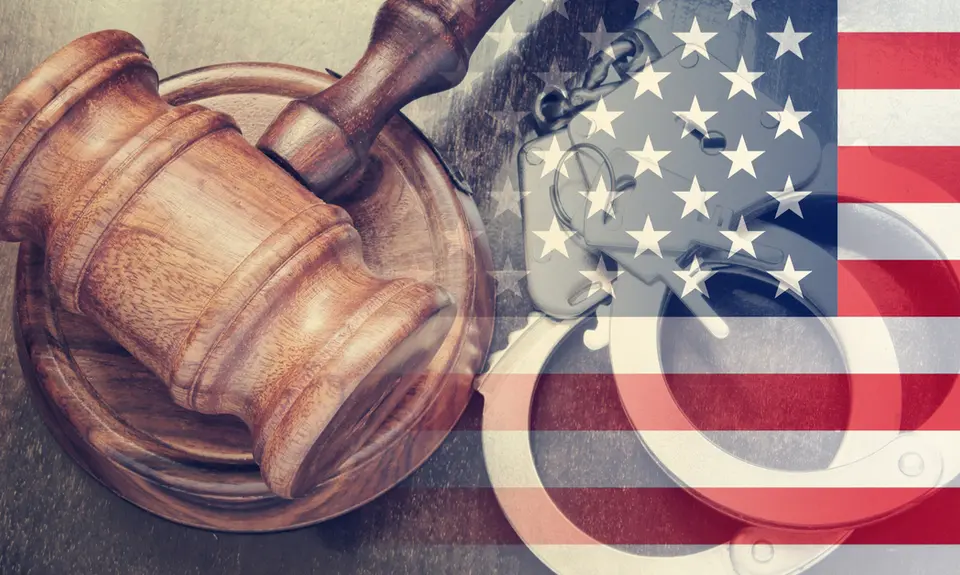“Confirmed Judges, Confirmed Fears” is a blog series documenting the harmful impact of President Trump’s judges on Americans’ rights and liberties. Cases in the series can be found by issue and by judge at this link.
In June 2020, Trump Ninth Circuit judge Nelson cast the deciding vote to affirm the district court’s rejection of a prisoner’s claim regarding prison officers’ unjustified excessive use of force against him. The case is Baldwin v Fannon.
Gregory Baldwin is a prisoner at High Desert State Prison in California. He sued three prison officers in district court alleging they used unnecessary and unjustified force against him while he was in restraints and being transferred to a new housing unit.
The district court ruled in favor of the three officers. Baldwin appealed to the Ninth Circuit asserting that he was not given a fair trial because the district court gave the jury improper instructions regarding the use of force by the officers.
Baldwin argued that the district court improperly instructed the jury to defer to the judgment of prison officials in the adoption and execution of “policies and practices that in their judgment are needed to preserve discipline and maintain internal security in a prison.” He contended that the district court should have modified that instruction to include that “deference is not appropriate when the prison practice in question serves no legitimate penological purpose, or plaintiff has produced substantial evidence that the practice was an unnecessary, unjustified, or exaggerated response to jail officials’ need for prison security.”
In a 2-1 decision with judge Nelson in the majority, the Ninth Circuit affirmed the district court’s ruling. They explained, “the failure of the court to qualify its legally correct deference charge was ‘more probably than not harmless.’”
Judge J.Clifford Wallace, who was nominated by President Nixon, strongly dissented. He explained that the district court should have “left it to the jury to decide whether deference to jail officials is warranted” instead of instructing them that deference was required. He went on to say “determinations about whether to defer to jail officials are often fact-intensive and context-dependent” and Baldwin was deprived of a meaningful and fair opportunity for a new trial for alleged violations of his constitutional right to be free from cruel and unusual punishment.
